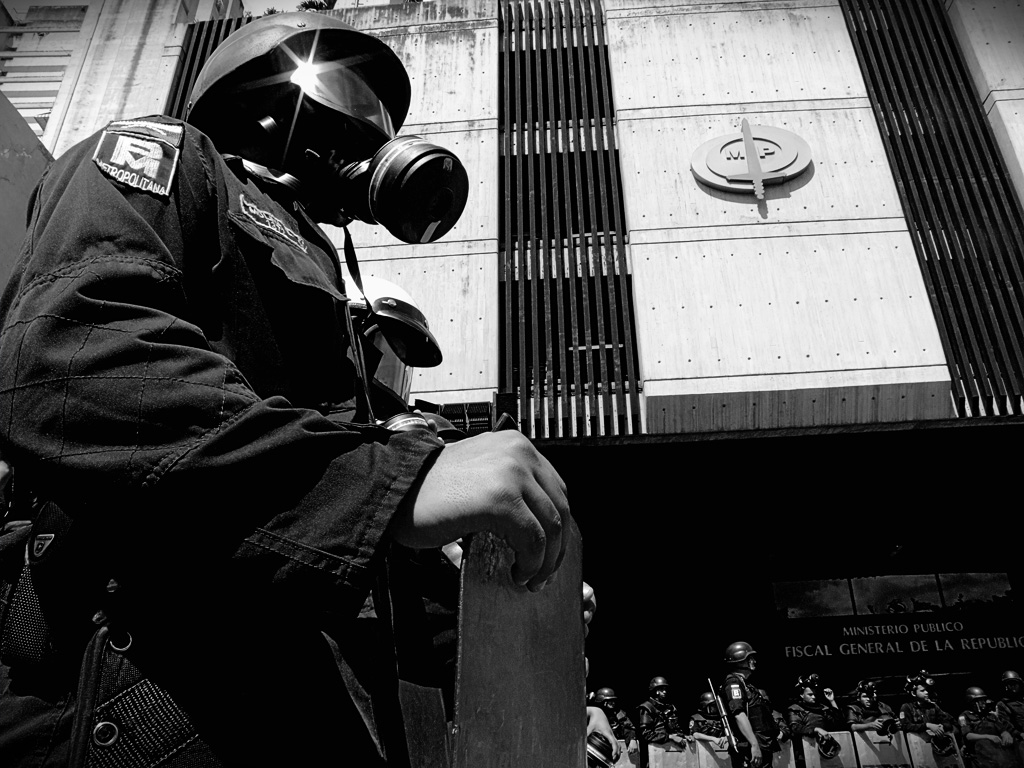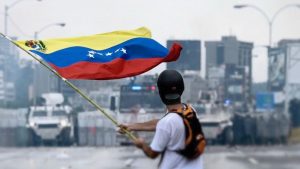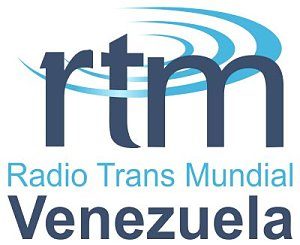 Venezuela (MNN) — Venezuela is in turmoil. Tensions have been building for months, and seemingly reached a “boiling point” this week.
Venezuela (MNN) — Venezuela is in turmoil. Tensions have been building for months, and seemingly reached a “boiling point” this week.
On Wednesday, 35-year old opposition leader Juan Guaido declared himself acting president. The only problem? President Nicolás Maduro is still in office. His supporters aren’t happy, and they’re clashing with Guaido fans in violent protests throughout the country. It could mean civil war.
Steve Shantz says it’s a nerve-wracking situation for Trans World Radio staff. These Venezuelan believers are firmly committed to sharing the hope of Christ on the air. However, each new sunrise begins a new stress-filled day.
“For the last two years, they’ve been living in very difficult conditions in terms of finding food to eat, holding down a job, being able to have enough currency on hand; the purchasing power of their currency has gone down. Daily life has just been very difficult,” Shantz explains.
“Now, with the political uncertainty, the possibility of fighting taking place, it’s a real concern. People’s daily lives are full of anxiety and uncertainty.”
Latest developments

Protester in Venezuela, May 2017. (Photo courtesy of Wikimedia Commons)
The Venezuela crisis is ongoing at the time of this article’s publication, so new developments are still underway. However, Shantz says Maduro’s reaction to U.S. support of Guaido yesterday was noteworthy.
“He’s retaliating,” Shantz explains. “It’s very significant because it’s causing a lot of unrest; I understand that there are protests in the streets.
“This could really get ugly.”
U.S. embassy staff were the center of attention yesterday. After officially breaking diplomatic ties, President Maduro ordered American diplomats to leave within 72 hours. Secretary of State Mike Pompeo’s response was “no” because the U.S. supports Guaido as Venezuela’s interim president.
Last night, U.S. Senator Marco Rubio told NBC News that if any Americans were harmed,
“We’re going to impose grave consequences on the people responsible for harm. And that should be left very clearly understood. You know, that’s not some idle threat. I’m telling you, I can’t go any further than that, but I’m telling you, the consequences will be significant.”
To Shantz, there are more questions surrounding the Venezuela crisis than answers.
“Is this going to escalate into civil war? Is this going to be fighting on the streets, rioting? What’s the situation going to turn out to be?”
“It’s hard to say,” he concludes, “and so it’s a big cause for concern, especially as we look at the need to do ministry in Venezuela, the safety, and the daily lives of people who live there.”
Ministry impact

(Logo courtesy TWR)
Shantz says the current situation only compounds anxiety already endured by TWR’s in-country staff. They’re committed to sharing the hope of Christ on the air, but, “just moving around is very, very difficult,” he explains.
Every attempt to leave a building or home for ministry is preceded by internal reasoning and a judgment call: “‘Is it safe to go out on the streets? Should I go across town to meet with that person? Am I going to make it home again? Is a riot going to break out?’”
The process isn’t occasional, or based upon special circumstances. Believers must face these decisions every single time they walk out the door. What would you do, if you were in their shoes?
“Do you just hunker down, or do you try to carry on life as normal?”
How to help
First and foremost, says Shantz, Venezuelan believers need you to join them in prayer.
“As believers in the West, as believers outside of Venezuela, we can really rally around our brothers and sisters in God in Venezuela,” he states.
Pray for the establishment of a stable political environment without the loss of life. Ask the Lord to comfort TWR staff and their families, and pray for peace.
“We need to pray with our brothers and sisters in Venezuela that this can be resolved peacefully and that their lives can get back to some semblance of normalcy.”
Header image credit Rodrigo Suarez via Flickr.
